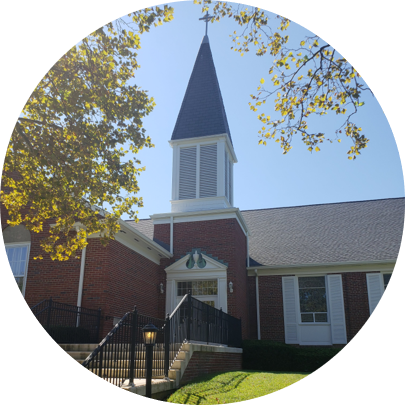Grace and peace!

We are Evangelical Lutherans, which means we preach the good news that Jesus Christ has claimed this whole world as his own. Every Sunday, Christ meets with us, teaches us in preaching, washes us in baptism, and feeds us with his body and blood. Our Lord is very much alive, and we are sent to serve our community by his command!
We worship together, all people, on Sundays at 10 am. We seek to serve our community as the people of God all week long, and weekly we have new and exciting opportunities to be made one in Christ, gifted by grace, and called to serve!
Atonement has a long history of involvement in this community, including the founding of Interfaith Neighbors, Luther Haven a residential group living facility for individuals struggling with mental illness, now operated by Lutheran Social Ministry of New Jersey and Atonement's food pantry, open the second and fourth Wednesday of every month from 10:30 AM - 12:30 PM, has been helping families throughout Monmouth County keep food on their tables for decades.
We worship together, all people, on Sundays at 10 am. We seek to serve our community as the people of God all week long, and weekly we have new and exciting opportunities to be made one in Christ, gifted by grace, and called to serve!
Atonement has a long history of involvement in this community, including the founding of Interfaith Neighbors, Luther Haven a residential group living facility for individuals struggling with mental illness, now operated by Lutheran Social Ministry of New Jersey and Atonement's food pantry, open the second and fourth Wednesday of every month from 10:30 AM - 12:30 PM, has been helping families throughout Monmouth County keep food on their tables for decades.
Asbury Park is vitally connected to music, and Atonement is no different! Sunday worship and choir, soloists, and the Greater Shore Concert Band, are all held and hosted by Atonement members and friends.
As the pastor of this congregation, I wish to personally invite you and hope to welcome you to Atonement. Whether you are an old friend or a new face, we eagerly look forward to gathering with you! Please E-MAIL me; I would love to answer any questions or hear any concern you might have. Wherever God is calling you to be, our prayers are with you!
Peace in Christ,
Pastor Michael McKillip
As the pastor of this congregation, I wish to personally invite you and hope to welcome you to Atonement. Whether you are an old friend or a new face, we eagerly look forward to gathering with you! Please E-MAIL me; I would love to answer any questions or hear any concern you might have. Wherever God is calling you to be, our prayers are with you!
Peace in Christ,
Pastor Michael McKillip
